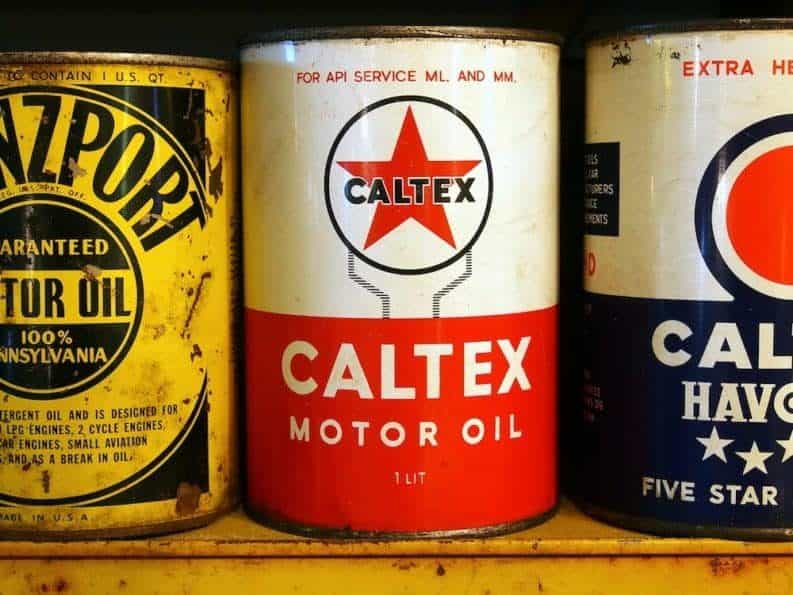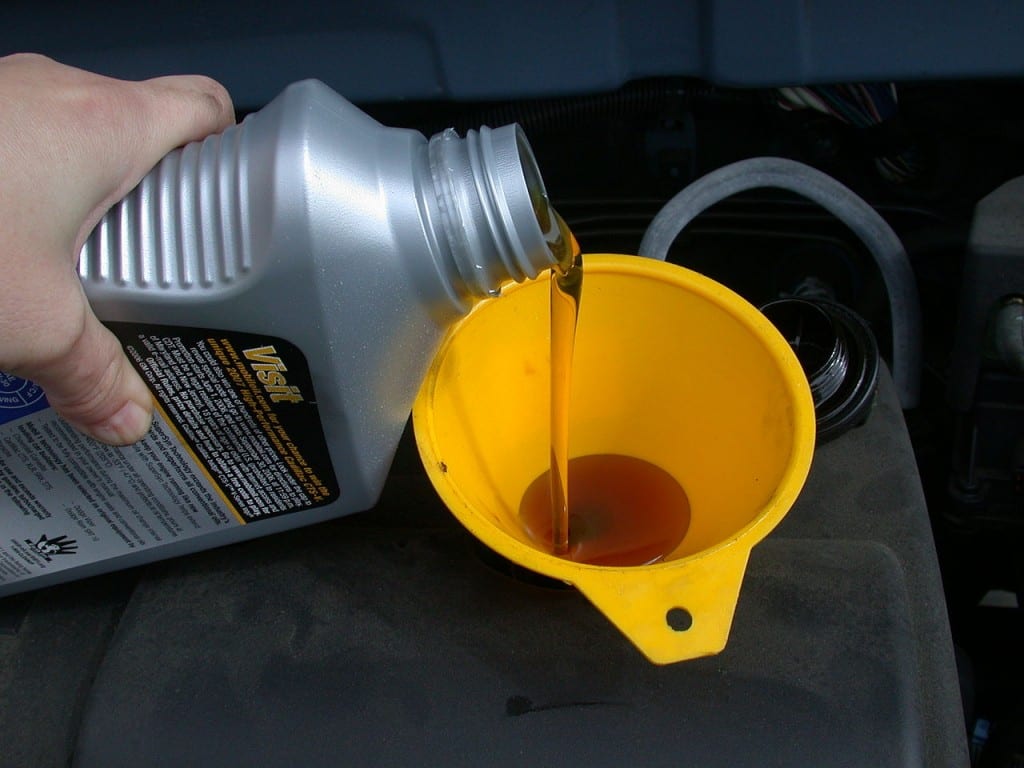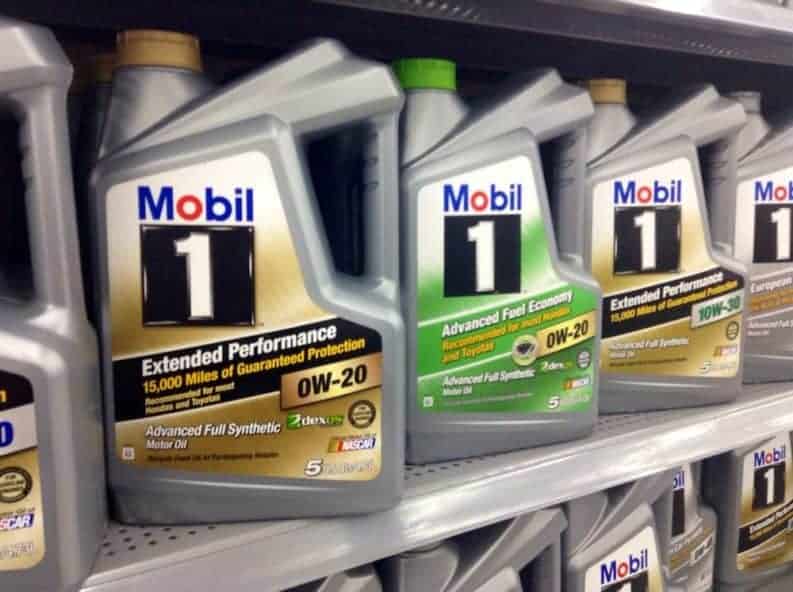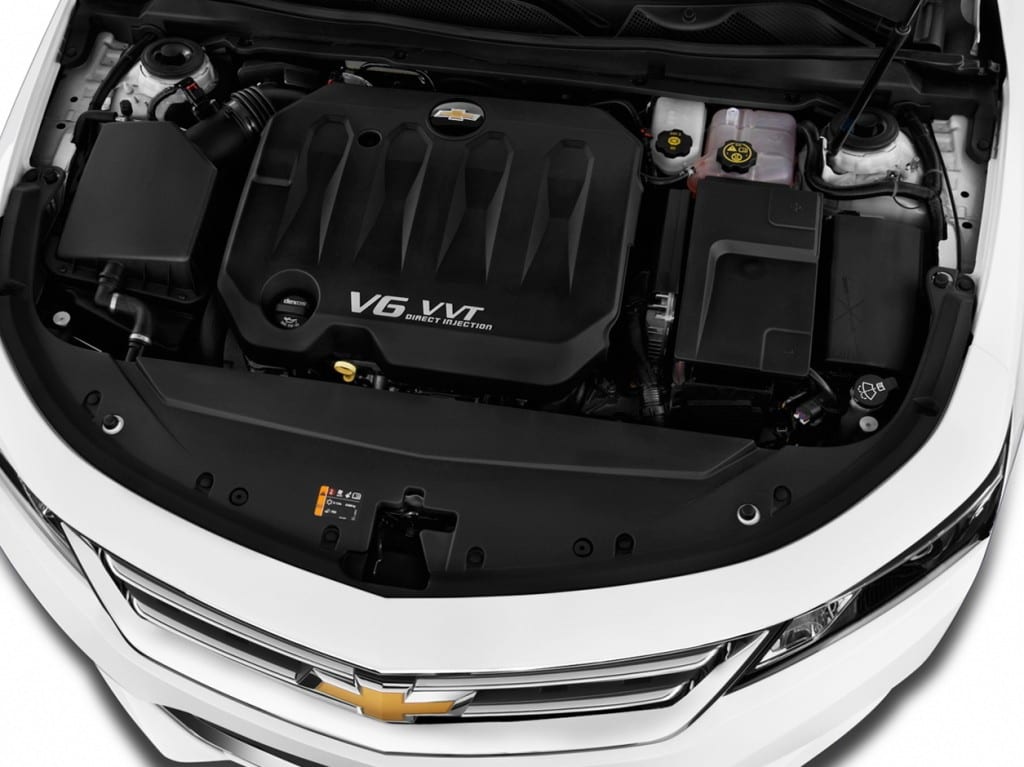If you are driving a newer vehicle, chances are you don’t have to search for an oil change in Albany, NY. Automotive technology has improved enormously over the years, practically phasing out the 3,000-mile oil change rule. If you continue to follow this rule for your modern vehicle, all you are doing is wasting time, money, and oil. The improved technology in new cars has paved the way to engines that are much more refined and effective than they once were, and the introduction of synthetic oil has allowed modern engines to run cleaner and last longer. Combined, this is a recipe that helps promote longer engine life, while simultaneously extending the amount of miles a vehicle can go without an oil change.
While this article isn’t about the 3,000-mile/3 month oil change rule in particular, it’s still important to keep it in perspective before we jump into exploring the nuances of synthetic oil and refined engines.
A Severe Maintenance Schedule
This 3,000-mile/3-month oil change might just be what the quick-lube shops suggest you to follow as am easy, surefire way for them to make some extra dough. It’s in their best interest to tell you this, because if you are changing your oil four times a year to the tune of $30 bucks a pop (which might be a generous price), that’s $120.00 a year. Multiply that by the hundreds of people that get their oil changed at this rate, and that’s a lot of extra income.
But, to be fair, these frequent oil changes do apply to certain vehicles, and should be observed if the driver needs to follow a severe maintenance schedule. This means if you constantly drive your car in really hot or cold weather, or frequently drive in a heavily polluted environment (dust, dirt, gravel roads, etc.), experience sustained idling more than driving during a stop-and-go commute, or if you make a lot of short trips under ten miles. All of this is bad for the engine, and the constant idling never lets it warm up to proper operating temperature. And since this is your daily commute, you need to adjust it accordingly. Therefore, it would be necessary to change your oil more often.
If you race your vehicle over the weekends, or routinely tow a lot, then you’ll also want to change your oil on a more frequent basis. It’s important to note though, that increased frequency doesn’t necessarily translate to 3,000-miles/3 months because most new cars have synthetic oil and refined engines under the hood.
Synthetic Oil
Just to put this in perspective for you, back in 2013, the majority of automakers were calling for oil changes at either 7,500 or 10,000 miles if you follow a normal driving schedule. Actually, if you primarily do a lot of highway driving, there are reports of vehicles being able to go even longer between oil changes. That’s more than double the traditional 3,000-mile interval that people have been citing for many years.
But, why have conditions improved so drastically? A big part of it is the oil, and synthetic oils like Mobil 1 are guaranteed for 15,000 miles before needing a change. Synthetic oil is much cleaner than conventional oil because it was made in a lab, which means there are no organic compounds found in the oil. The organic compounds found in conventional engine oil leads to a faster build up of sludge or grime in the engine, which is why it needs to be changed more frequently. With synthetic oil, the only grime or sludge build up comes from outside pollutants like dirt or dust. As long as you aren’t abusing your car with stressful driving conditions every day, or driving in a “dirty” area, then the synthetic oil will last for a long time.
Even conventional engine oil lasts longer than before, simply because of its improved durability. Synthetic might be tough as nails in comparison, but conventional engine oil still holds up, thanks to modern advancements. The improved durability ranges from enhanced protection from the wear and tear that results from the metallic parts moving close to each other, to having the ability to withstand more extreme temperatures on both ends of the scale.
Even if conventional engine oil has been upgraded, synthetic oil is what’s used in most (if not all) modern cars found on the road today — simply because it’s superior.
Refined Engines
Another considerable contribution to the increased time and distance between oil changes comes from the refinement of the engine. Primarily, it’s the reduction in tolerance we have to thank for this. The tolerance is the gap between the metal moving parts in a vehicle. Decreasing these gaps allows the engine to use less oil, and also helps prevent build-up. There is a catch to this, however, and that catch is that an engine which has a tighter tolerance needs thinner oil. Since conventional oil is thicker than synthetic oil (even when they are the same viscosity), synthetic oil is able to move through, lubricate, and protect the engine better.
With the refinement of the engine, combined with the enhanced protection of synthetic oil, vehicles are able to go for much longer without an oil change. So, when is the right time to change your oil?
Always Consult your Service Manual
While this is good news for your wallet, time, and the environment — where does it leave you? After reading this, that 3,000-mile oil change rule you likely grew up believing has been debunked. The actual answer is vehicle-specific and found in your service manual. If you look in your service manual, you will see the automakers suggested amount of mileage under either a normal or a severe maintenance schedule.
Unless you fall into the severe maintenance category discussed earlier, go with the normal oil change interval suggestion. After all, waste not, want not.





